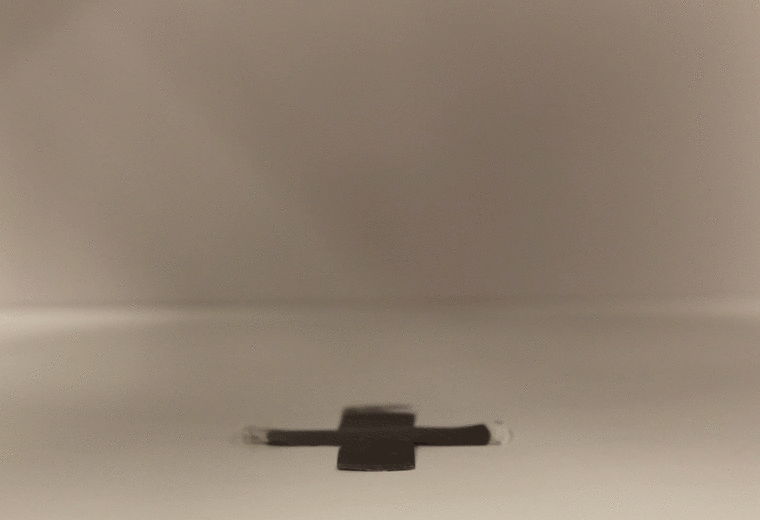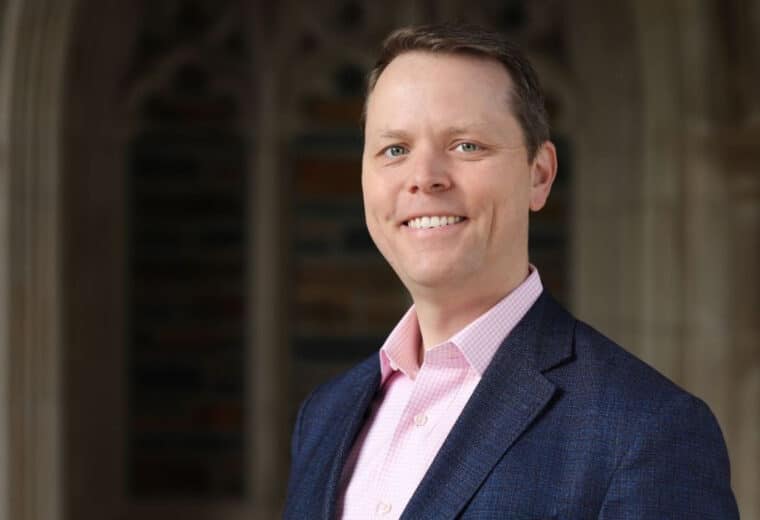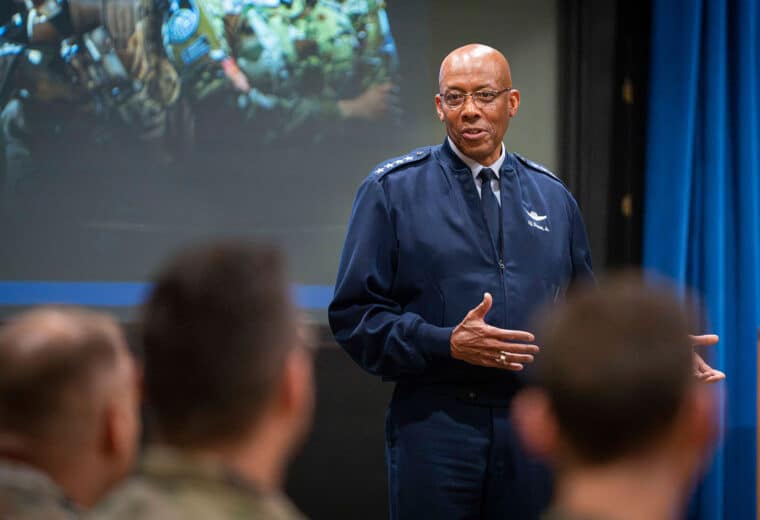
MXenes: Materials on the Move
Breakthroughs in MXene research from Haozhe “Harry” Wang show potential for these 2D, photoreactive materials.
We’re sorry—the news story you were looking for has been archived.
Please see the most recent stories below.

Breakthroughs in MXene research from Haozhe “Harry” Wang show potential for these 2D, photoreactive materials.

Lynch has overseen growth in students, programs and research during his first three-year term.

Former Chairman of the Joint Chiefs of Staff will engage with students and faculty through Duke Engineering’s Character Forward program.